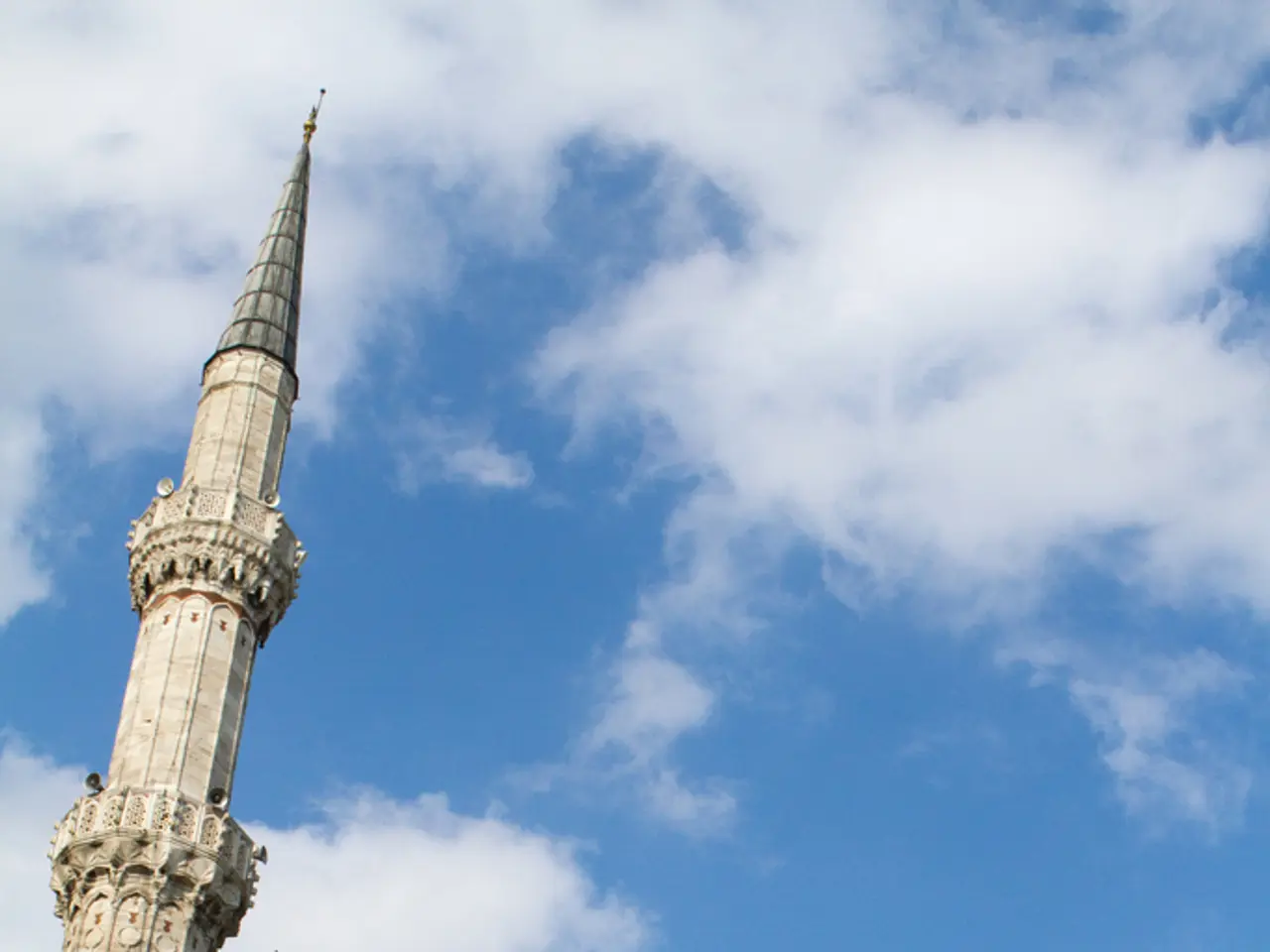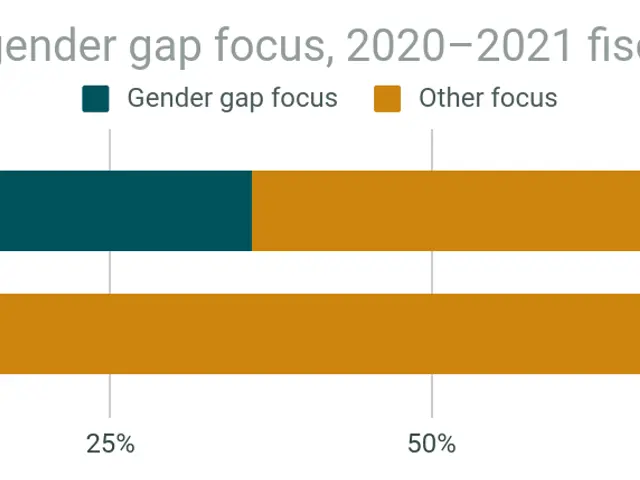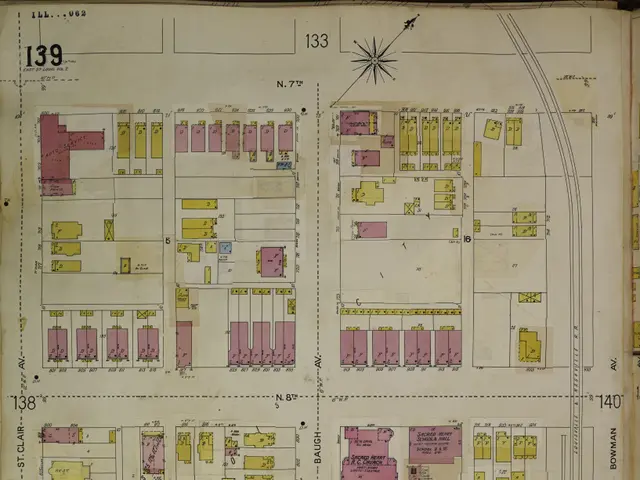Religious Instruction in Azerbaijan: Balancing Secularism and Islamic Tradition
In the heart of Baku, Azerbaijan's capital, religious lifestyles are making a striking appearance. This is evident in the city's urban styles, with an increase in perfume, cosmetics, halal restaurants, hijab fashion, and agencies offering pilgrimage trips to Iran and Saudi Arabia.
However, the Azerbaijani government's approach towards religion is markedly different. A presidential decree stipulates that religious symbols, slogans, and public ceremonies can only be displayed within places of worship. This means that traditional rituals like Ashura mourning and Orthodox Christian Easter processions outside the inner courtyards of mosques and churches are banned in Azerbaijan.
The government's aim is to create a new secular Islam, a balance between East and West, achieved through state-funded mosques. The curriculum for religious classes, to be taught from a secular and modern perspective, will be developed by state-supported institutions such as the State Committee for Work with Religious Organizations, the International Center for Multiculturalism Baku, or the Administration of the Muslims of the Caucasus.
The curriculum will incorporate approaches from the life sciences, European enlightenment, Soviet-style atheism, and the Big Bang theory. It will also delve into Muslim and Christian eschatological interpretations, as well as examining the views and propaganda methods of radical religious movements.
The government's move to introduce compulsory religious education into secondary schools and universities reflects its doctrine of strengthening secularism by downgrading religion as a marker of national identity. However, challenges lie ahead. Educators complain about the lack of professionally written textbooks that provide balanced religious knowledge in a multicultural context. Moreover, finding qualified teachers trained in religious diversity poses a significant hurdle.
Teachers being trained for the introduction of religious education are likely those with pedagogical and theological backgrounds, trained in religious studies or religious pedagogy programs that focus on multiple religious traditions, such as Christianity, Islam, Judaism, Hinduism, and Buddhism, with an emphasis on religious diversity and societal change. These programs often prepare educators to teach religion inclusively and in line with legal frameworks.
Critics, such as Altay Göyüşov, director of the Baku Research Institute, express skepticism about the effectiveness of this approach. Social anthropologist Tsypylma Darieva, working at ZOiS on projects related to the Transformation of Urban Spaces and Religious Pluralization in the South Caucasus, shares similar concerns about regulating educational content that caters to different religious trends.
The Azerbaijani state has significantly tightened control over religious life through restrictive measures. Despite these challenges, the government presses on, aiming to promote its secular policy of state multiculturalism without politically privileging Islam. The announced course will cover the history and significance of Islam, as well as Christianity and Judaism.
This ambitious undertaking promises to shape the religious landscape of Azerbaijan, a country navigating the delicate balance between tradition and modernity.
Read also:
- Peptide YY (PYY): Exploring its Role in Appetite Suppression, Intestinal Health, and Cognitive Links
- Toddler Health: Rotavirus Signs, Origins, and Potential Complications
- Digestive issues and heart discomfort: Root causes and associated health conditions
- House Infernos: Deadly Hazards Surpassing the Flames








